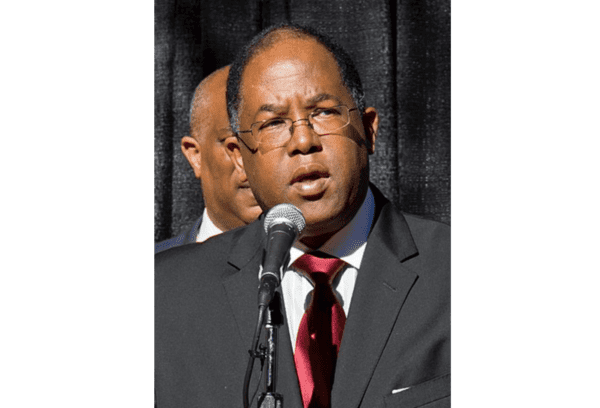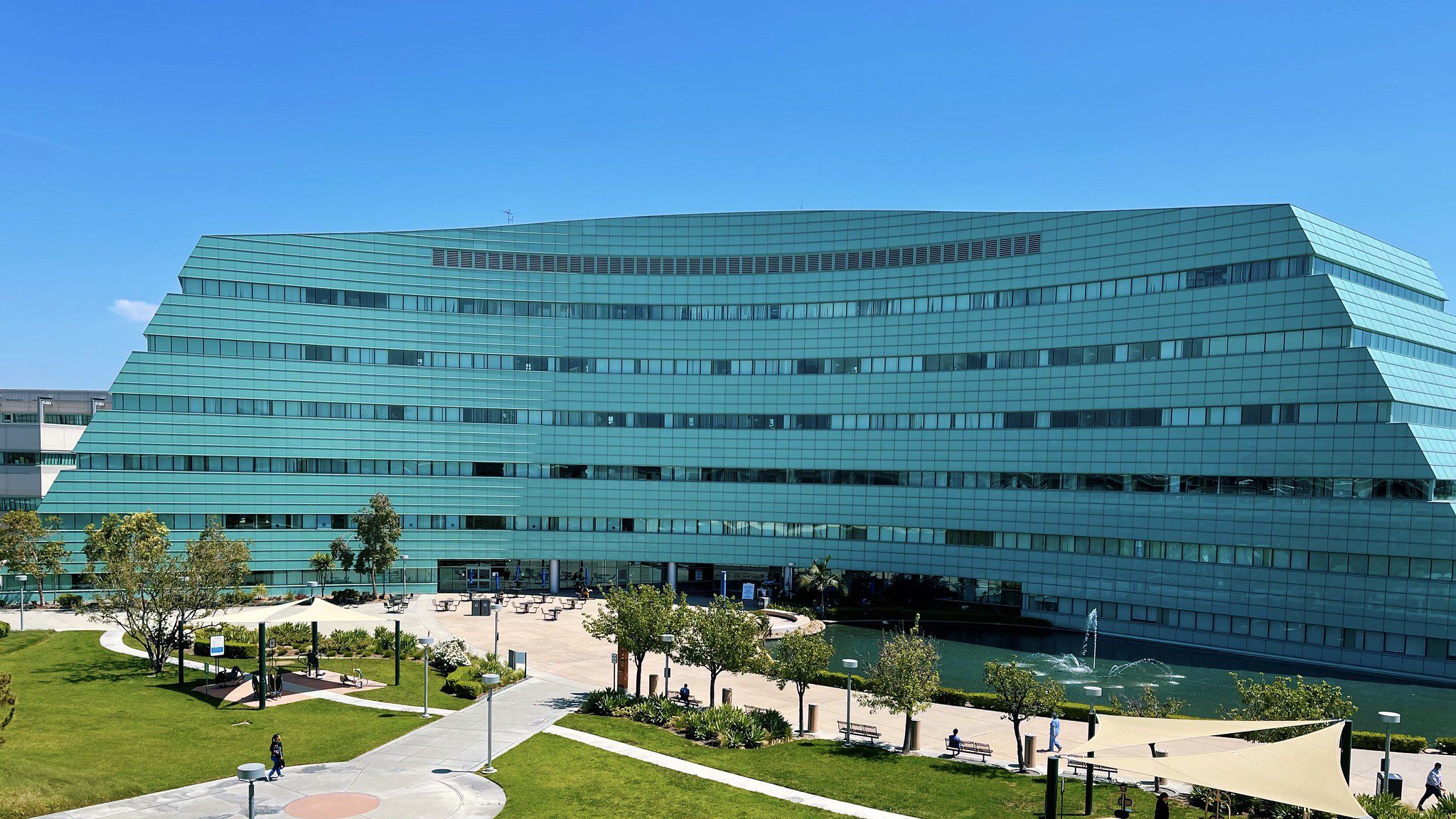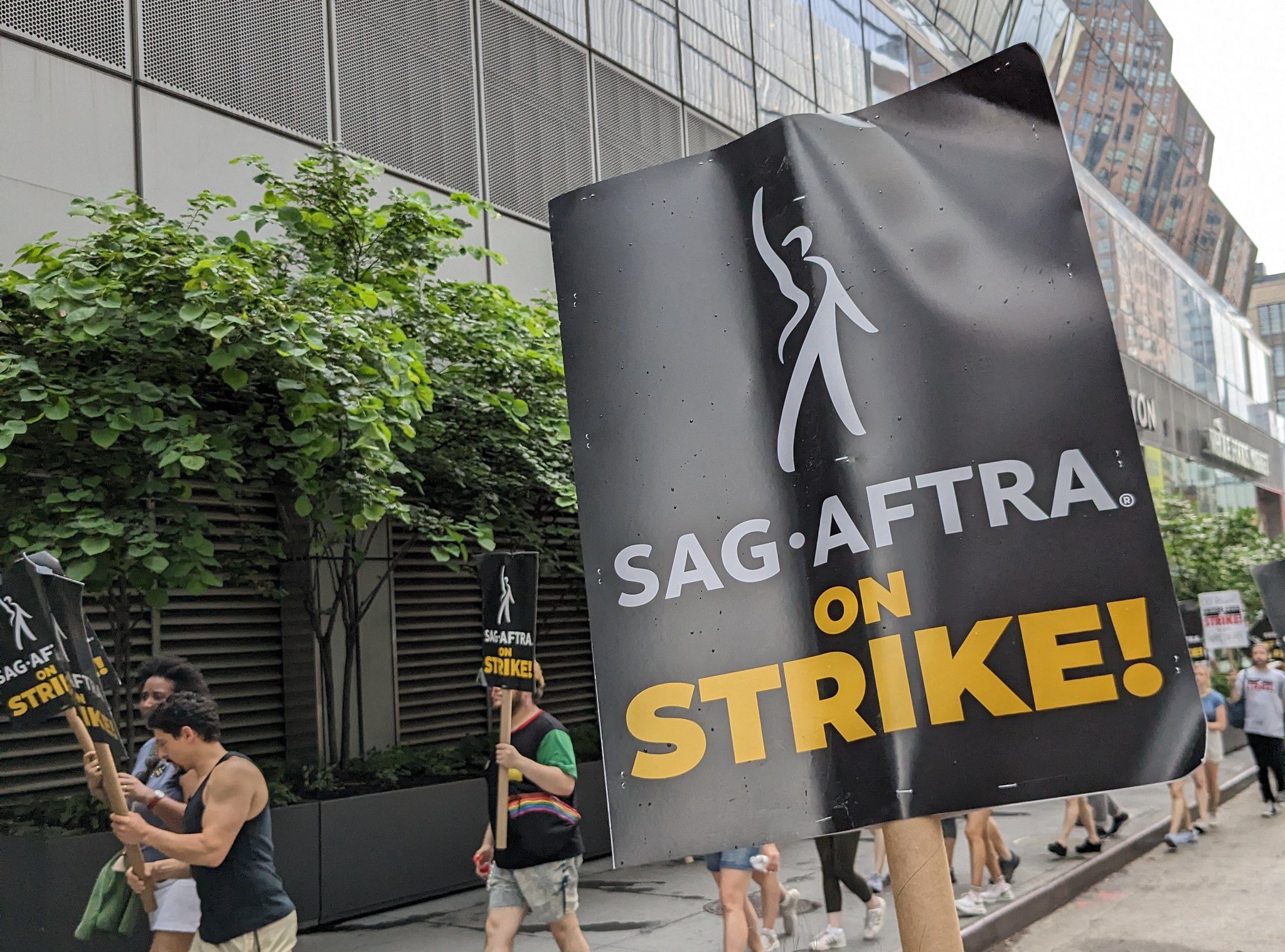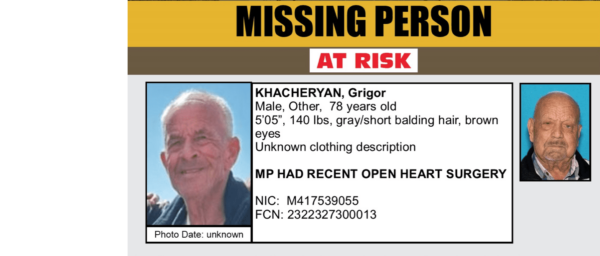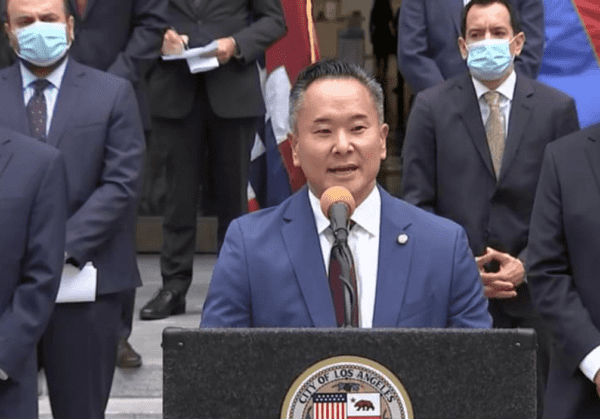By Fred Shuster
Former Los Angeles County elected official Mark Ridley-Thomas Monday filed papers asking to be allowed to remain free while he appeals his conviction on federal corruption charges.
After he was found guilty of seven felony counts — bribery, conspiracy, four counts of honest services wire fraud, and one count of honest services mail fraud — Ridley-Thomas was sentenced in August to three years and six months in federal prison with a surrender date of Nov. 13.
Defense attorneys argue in the motion for bail pending appeal that Ridley-Thomas should be allowed to stay out of prison during appeals because he is not likely to flee and does not pose a danger to the safety of any other person in the community.
“As underscored by the over 130 individuals in the community who wrote letters of support, Dr. Ridley-Thomas has an otherwise proven track record of abiding by the law and remaining close to his community in South Los Angeles,” attorneys wrote in the 48-page document filed in Los Angeles federal court. “Dr. Ridley-Thomas faithfully observed the conditions of his bail for nearly two years while awaiting a decision from the jury. The same would be true pending a decision on appeal.”
Further, the motion argues, Ridley-Thomas’ forthcoming appeal to the U.S. 9th Circuit Court of Appeals raises “substantial questions of law or fact, including multiple issues in which there is a circuit split. These issues are therefore, by definition, ‘debatable.’ The convictions involved statutes which, as recently as this past Supreme Court term, have been questioned for their constitutionality.”
Cases involving honest services fraud or public corruption often raise significant legal questions, defense attorneys said.
Ridley-Thomas is asking for an Oct. 30 hearing before U.S. District Judge Dale S. Fischer, who presided over Ridley-Thomas‘ criminal trial in March, to debate the motion. If the judge denies the bid to remain out of prison, the defense is expected to file a motion with the circuit court, which could automatically freeze the Nov. 13 self-surrender date.
According to the motion, a district court shall order the release of a defendant pending the appeal of his conviction if two conditions are met: “First, the court must find by clear and convincing evidence that the defendant `is not likely to flee or pose a danger to the safety of any other person or the community.”‘
Second, the court must find that the appeal is not for the purpose of delay and raises a substantial question of law or fact likely to result in reversal, an order for a new trial or a sentence that does not include a term of imprisonment, among other issues.
Defense attorneys have put forward a “Batson challenge” that they say raises appellate questions likely to result in reversal or a new trial. In this instance, the challenge lays “intentional racial discrimination” at the feet of the prosecution during jury selection in Ridley-Thomas’ trial.
“The government’s desire to remove Black jurors — it succeeded in removing half — was apparent during voir dire,” the defense states in the motion.
Prosecutors “disparately questioned Black jurors, particularly Black women jurors, asked only the Black jurors open-ended questions, which appeared designed to elicit reasons for excluding them, and provided pretextual reasons for its strikes,” attorneys wrote.
“The government exercised half of its peremptory strikes against half the Black jurors in the panel, including all the Black female jurors. Though the Court upheld the government’s strikes, it raised concern.”
The defense says that after potential jurors were questioned, the judge asked the trial’s chief prosecutor, “Why are you trying to build error into this case?”
While Black females were struck, the jury contained two Black males.
It is expected to be many months before the defense files its appeal brief to the 9th Circuit.
Ridley-Thomas was found guilty of participating in a scheme in which he received benefits from USC for himself and his son while he had a seat on the Los Angeles County Board of Supervisors. He was acquitted of a dozen other charges related to a scholarship and a professorship that his son, Sebastian, received from the university.
Attorneys for Ridley-Thomas have argued that prosecutorial misconduct, misstatements of the law and other issues during the trial ultimately deprived the politician of his rights.
Marilyn Flynn, a former head of the USC School of Social Work, pleaded guilty to bribing Ridley-Thomas, and was sentenced to 18 months home confinement and ordered to pay a $150,000 fine.
In addition to 42 months of incarceration, Ridley-Thomas was ordered to serve three years on supervised release once he completes his prison time. He also must pay an assessment and fines of $30,700.
During his sentencing hearing, the former state legislator, city councilman and county supervisor denied he did anything illegal. He apologized to his family and constituents for causing the “perception that I deviated from proper conduct.” He said the actions he took that resulted in his conviction were “ill-advised, but not illegal.”
Ridley-Thomas served on the Los Angeles City Council from 1991-2002, then was a member of the Assembly and state Senate before being elected to the powerful LA County Board of Supervisors in 2008, serving until 2020, when he returned to the City Council.

